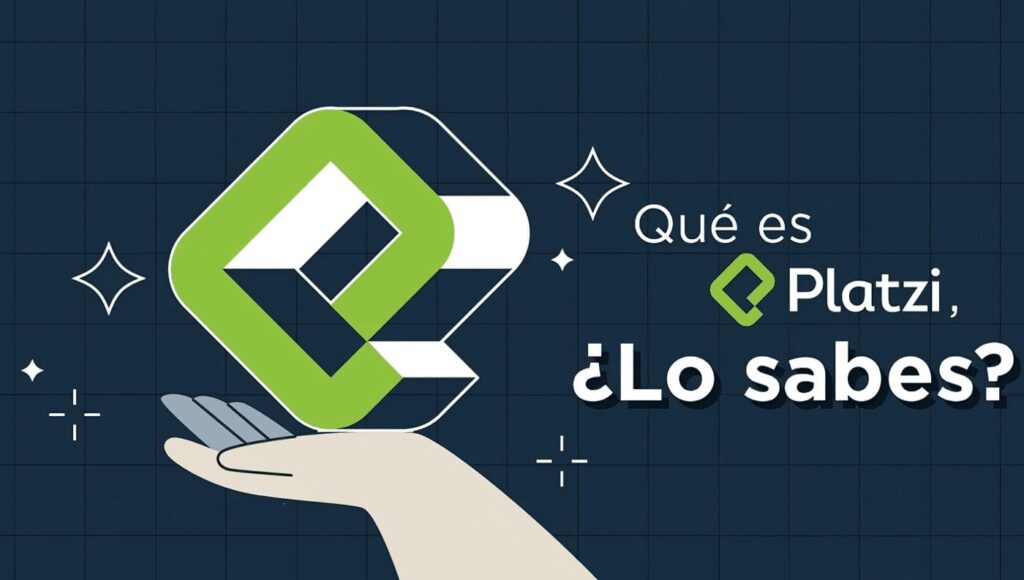In a world where technological evolution and the rapid transformation of the labor market demand specialized and updated skills, microcertifications emerge as a new educational paradigm, challenging the traditional notion of the professional title.
These digital badges, also known as badges or alternative digital credentials, are gaining ground as formal recognition of specific learning and acquired skills.
What are Microcertifications?
Microcertifications are digital awards granted by educational institutions that validate specific knowledge and skills acquired by a student. Unlike conventional degrees, microcertifications focus on particular areas of knowledge, allowing for a more accurate representation of an individual’s skills.
Benefits of Microcertifications:
Profile Personalization:
Micro-certifications allow students to build more detailed and personalized educational profiles. Each badge represents a specific skill, offering a complete picture of an individual’s competencies.
Continuous Recognition:
Unlike degrees that are earned upon completion of a full program, microcertifications recognize achievements along the way. This provides ongoing recognition of acquired skills and facilitates visibility in the job market.
Permanent Update:
Professional environments change rapidly. Microcertifications allow individuals to stay current by demonstrating new skills as they acquire them, providing an accurate representation of their ever-evolving skill set.
Facilitates Student Mobility:
By integrating with national qualifications systems, micro-certifications facilitate student mobility. Students can easily transfer and recognise acquired skills, removing barriers to professional development.
Potential Challenges:
Widespread Recognition:
While micro-certifications are becoming more widely accepted, they still face challenges in terms of widespread recognition. Some employers may prefer traditional degrees, which could limit the full adoption of these digital credentials.
Process Complexity:
Effective implementation of micro-certification systems requires a robust digital infrastructure and standardization of processes. The complexity can vary by educational institution and industry.
Employer Education Need:
To maximize the value of micro-certifications, employers must understand their meaning and relevance. A joint effort by educational institutions and businesses is needed to ensure a proper understanding of these credentials.
The Future of Microcertifications
The case of Morgan State University in Baltimore exemplifies the proactive adoption of micro-certifications. Creating digital transcripts that reflect coursework, community involvement, and specific skills is a step toward building a stronger bridge between academia and industry.
Pearson’s recent acquisition of Credly highlights the growth of digital credentialing platforms. These platforms not only show evidence of completion of traditional university courses, but also certificates from corporate providers, offering a more complete view of a student’s profile.
In conclusion, micro-certifications are redefining the way learning is presented and recognized. As educational institutions and employers adapt to this educational revolution, micro-certifications are likely to play a crucial role in creating a more agile and skills-focused education system.


